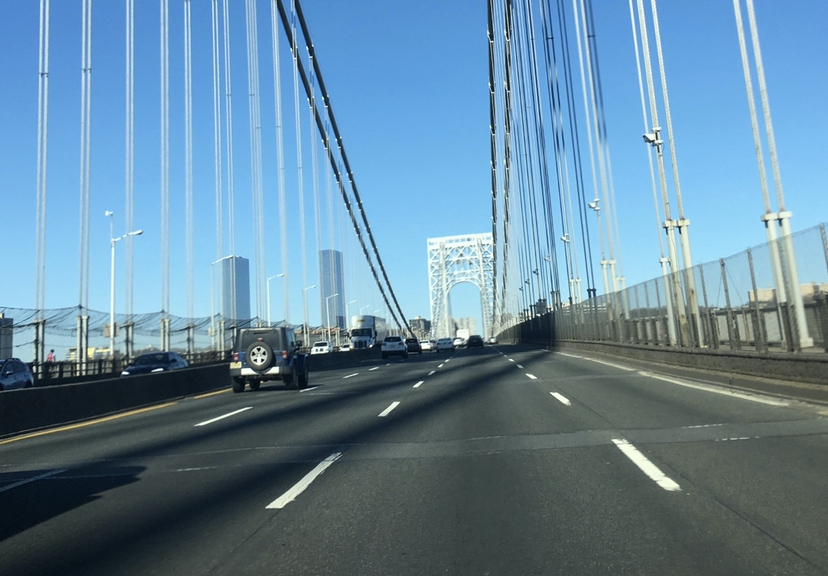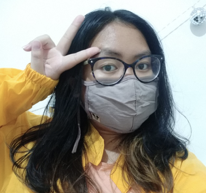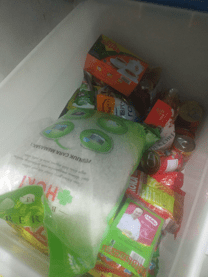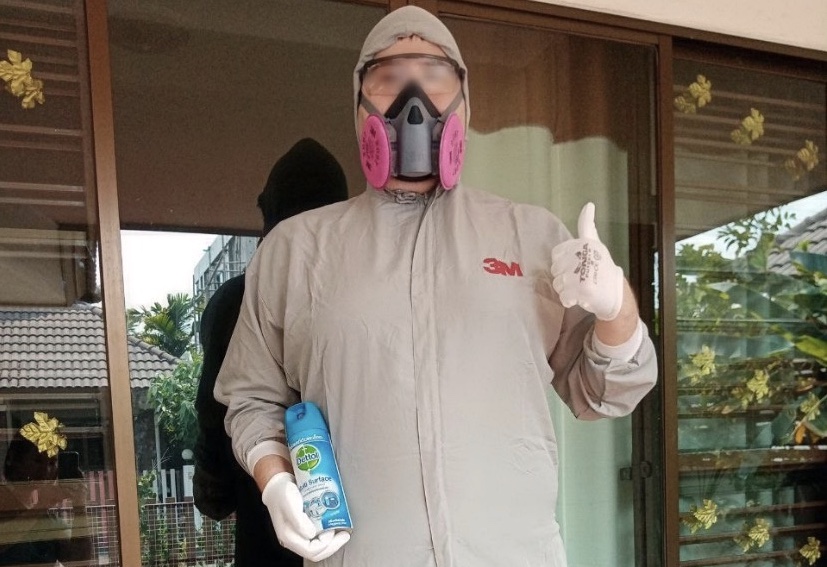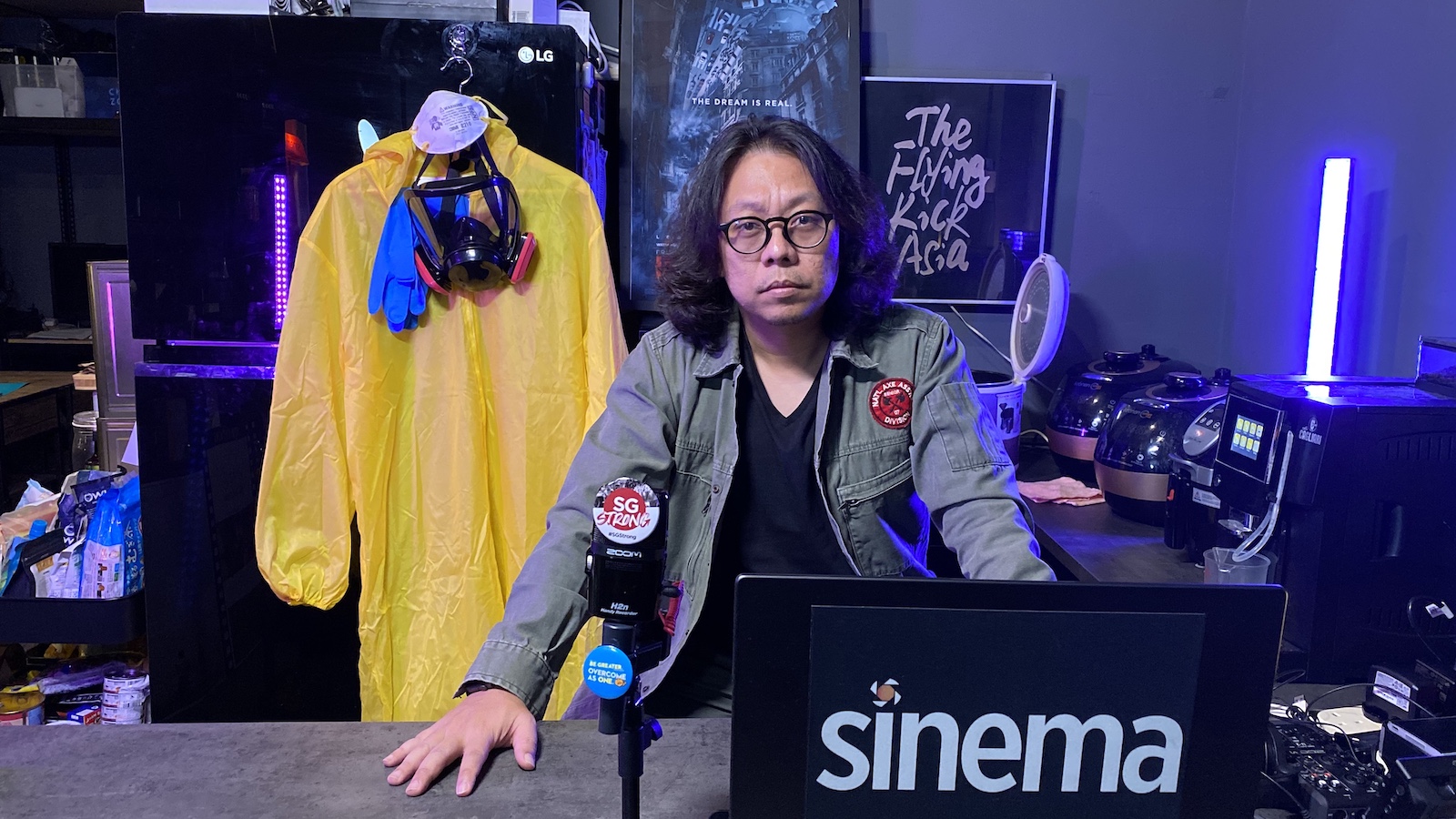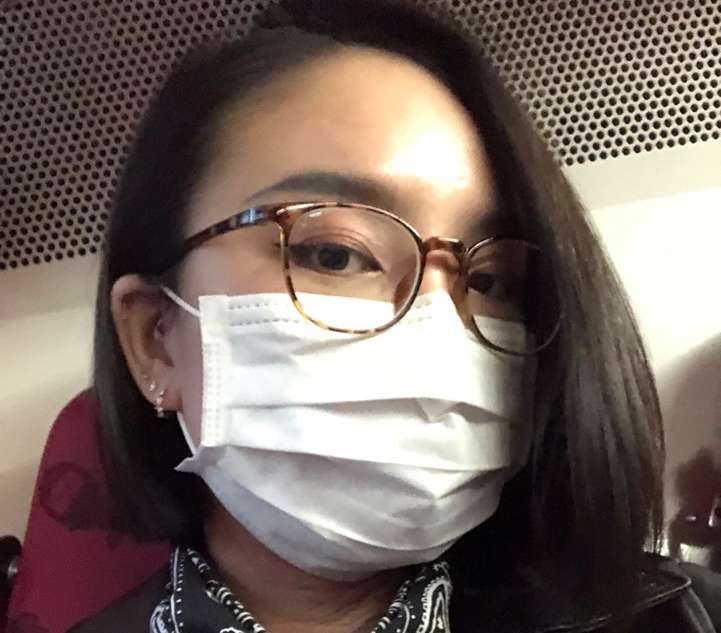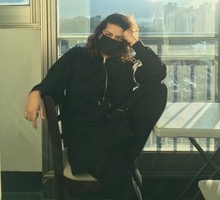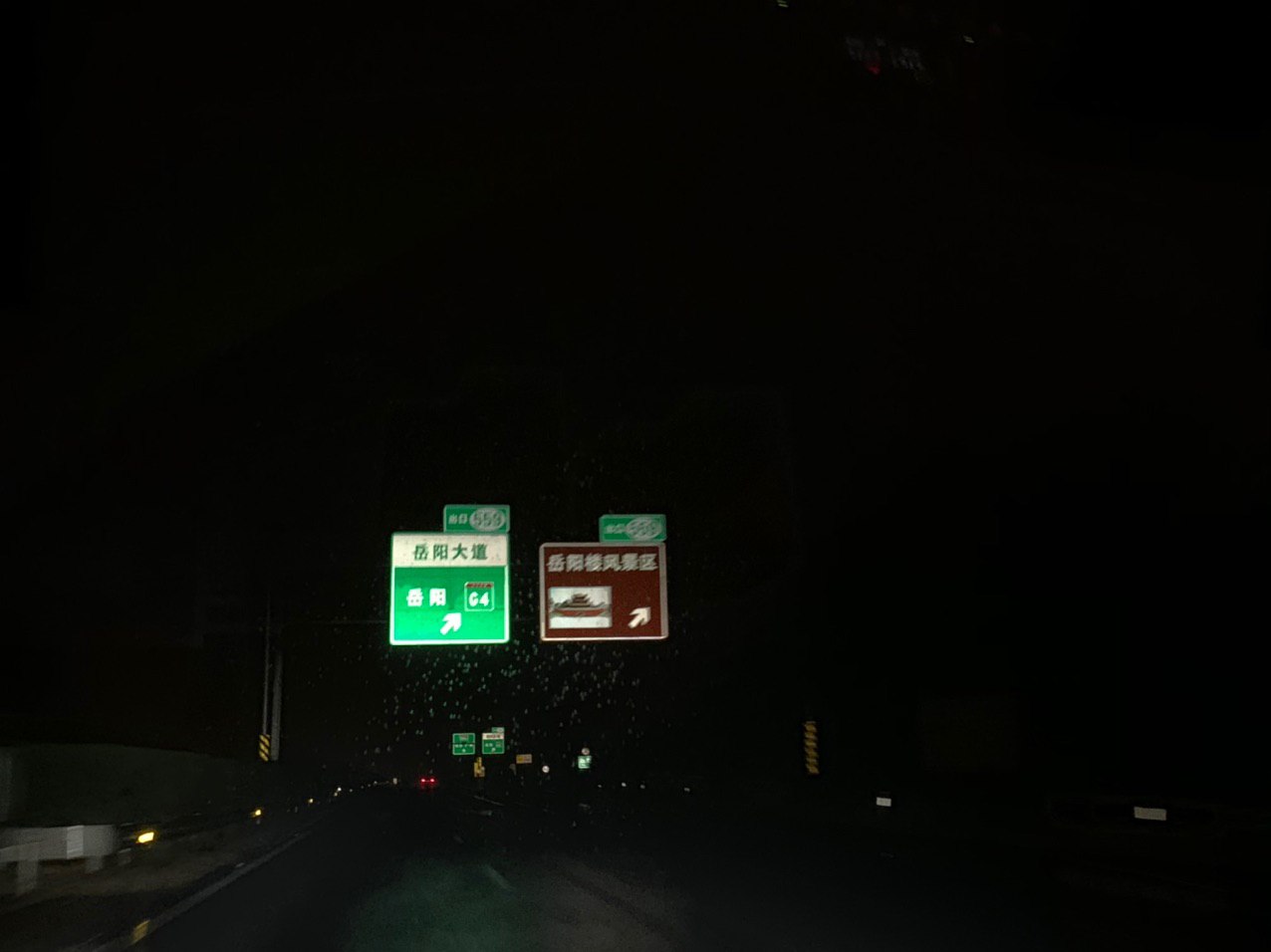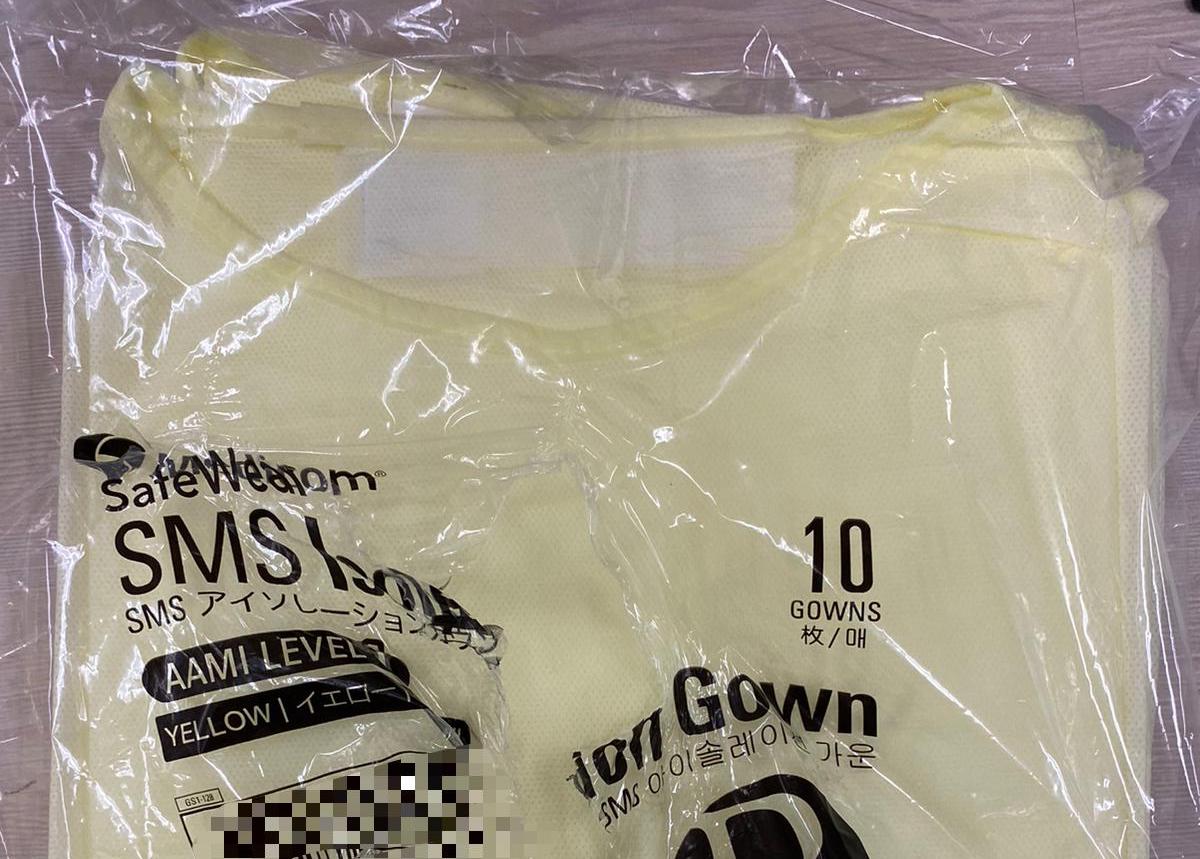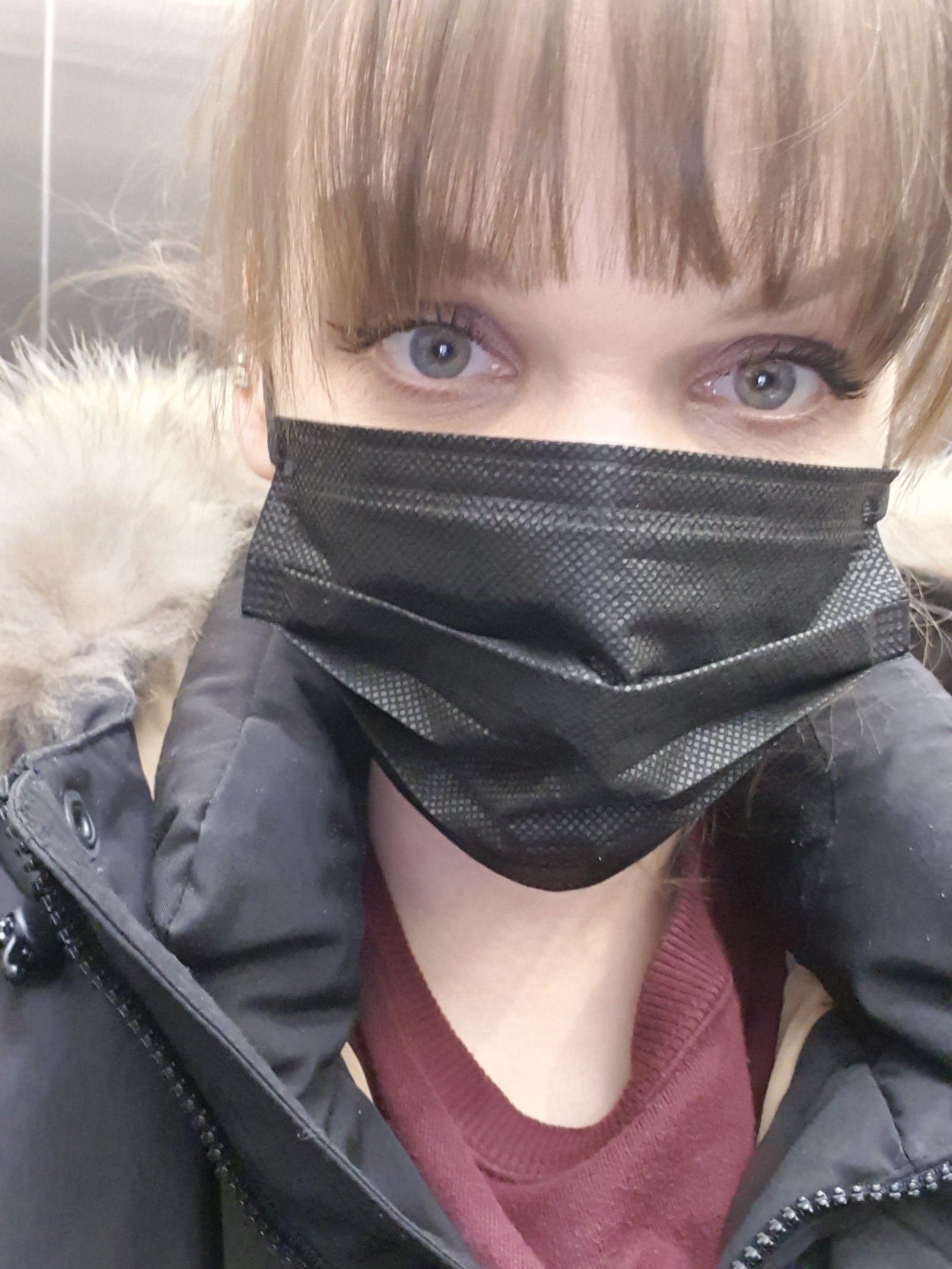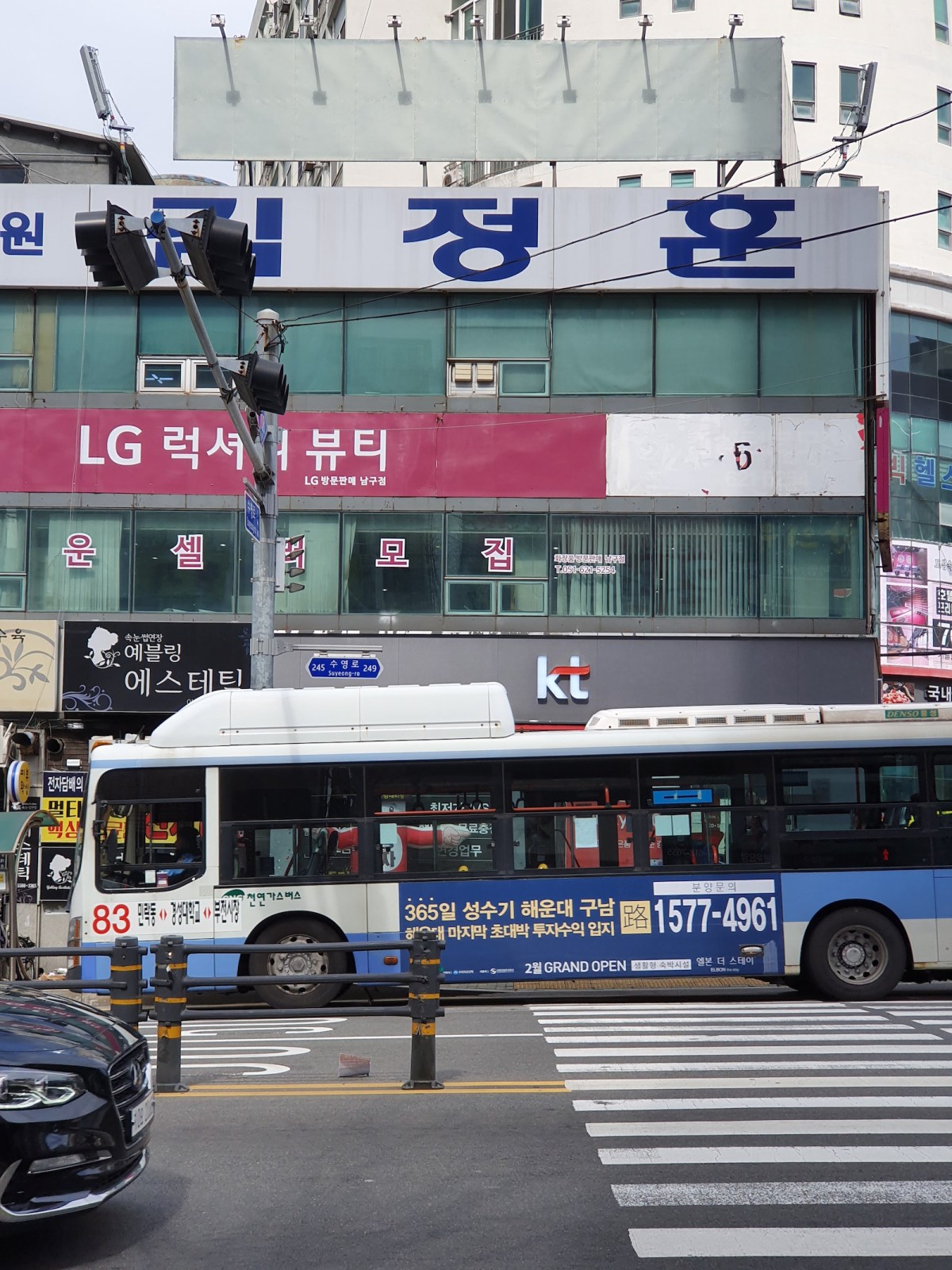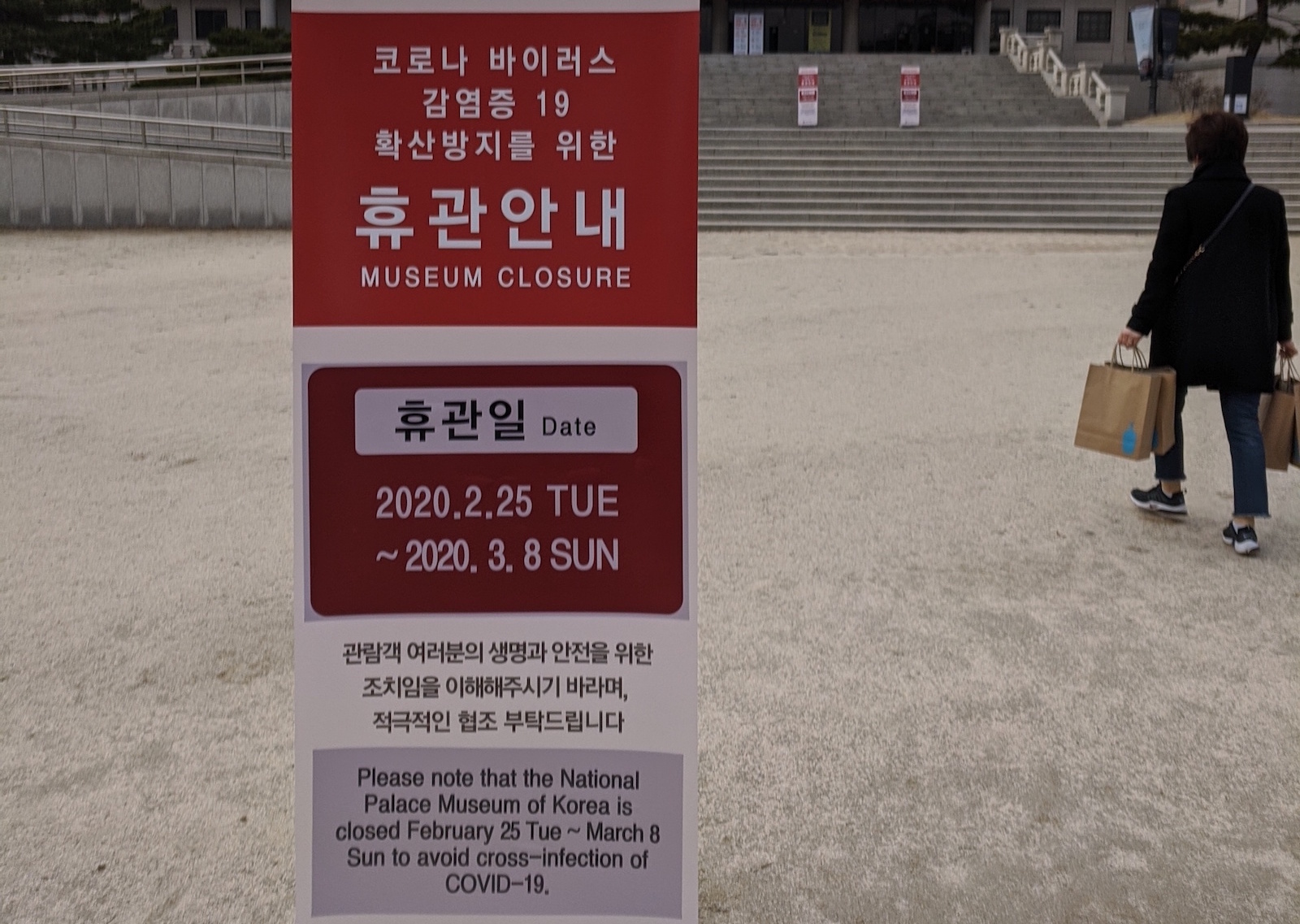Eleonora is from Milan, capital of the Lombardy region in Italy that has been hardest hit by COVID-19. She told us about the restrictions presently surrounding her, 8,684km away from Wuhan, China, and that nobody in Italy really knows how the first few Italian locals got infected.
“It all happened through social interaction.”
Q: Hi Eleonora, thanks for speaking with us all the way from Italy! When did you first hear about the 2019-nCoV novel coronavirus and what did you think of it then?
A: Hi Sara, thank you for hosting me first of all. I first heard about novel coronavirus back in January when the news was reporting what was happening in Wuhan but honestly, I did not pay too much attention to it at the beginning as it was happening far away. I was following the situation, although with a certain detachment.
Only later, on January 31 when, as a consequence of two Chinese tourists being hospitalised in Rome, the Italian Government declared the state of emergency, stopping all direct flights from China, did I realise how serious the situation was getting.
Yet life here (I live in Milan) was running as usual. Then, on February 21, the first Italian case was announced and everything changed.
How concerned are you and the people of Italy now? How many are infected or dead because of the virus in Italy at the moment of this interview?
I am very concerned actually as there are many people infected in Italy, yet there is part of the population either in denial or minimising the seriousness of it as well as minimising the dangerousness of this virus.
As per last night, the data is dramatic: The total number of cases of contagion is 35,713. A number that includes the 28,710 people currently positive (a 2648 increase in the number of people currently positive from the day before), the 4,025 patients cured and the 2,978 people who died.
To date, there are 14,363 patients with related SARS-CoV-2 symptoms, 2,257 patients in intensive care, and 12,090 in home isolation. There have been 165,541 swabs carried out in Italy since the beginning of the epidemic. 475 people died in the last 24 hours
Who were the first few coronavirus infected people in Italy and where did they contract COVID-19 from?
Patient 1 was a 38-year-old sportsman from Codogno, a small village 60km away from Milan. His wife was found positive too, as well as many of the people who had been with him in the ER waiting room. It is not clear how he contracted the virus.
According to research by the well-known virologist Professor Massimo Galli, the entry of the new coronavirus in Italy dates back to January 25. COVID-19 began to circulate on our territory on that very day from the Codogno area.
Just 3 days earlier, the virus was isolated in Germany from a German manager infected by a Chinese colleague from Shanghai. The German strain turned out to be very similar to that of the one in Codogno.
How did most people in Italy contract COVID-19? Can you tell us about the biggest clusters and how those happened?
It all happened through social interaction. First cluster, as said, happened in Codogno. The guy used to run in a team and play soccer. When what he thought was a simple flu started worsening, he went to the ER. Once there, he sat in the waiting room with many other people, probably for hours.
Another cluster, though a smaller one, started in Vo’ Euganeo, a small village near Padua; it is not clear if any of the people who came out to be positive to the virus there came into contact with people in the Codogno area.
At the moment, Bergamo and Brescia are the cities with the most cases which makes Lombardy the most hit region in Italy.
What measures has the government of Italy imposed to keep the COVID-19 outbreak under control? We know the whole of Italy is in lockdown but what does that really mean? What can’t you do and what must you do?
On February 22, the Italian Council of Ministers announced a new decree law to contain the epidemic, which provided for the quarantine of over 50,000 people from 11 different municipalities in northern Italy, including Codogno. The area was named the Red Zone. No one was allowed to leave those cities or enter them. Mandatory quarantine was imposed at their homes with permission to leave only for food and pharmaceutical shopping and with the obligation to wear protective masks. All for the duration of 14 days. Police officers were placed on guard. The penalties for violation of the blockade ranged from 206 euros fine up to 3 months imprisonment.
On March 7, as the virus kept spreading, the lockdown was extended to all Lombardy (schools and universities, together with gyms had been closed 2 weeks earlier) and 2 days later all of the peninsula got included.
Only food stores and pharmacies have been allowed to stay open since then; access to these stores is limited to allow at least 1 metre distance from one another. Face masks are highly recommended.
We cannot leave our houses unless we have to go to work, to the supermarket or pharmacy, or if we have to, for example, assist relatives in need. When leaving our house, we have to fill in certification to be shown to the policemen patrolling the streets. If they determine that you made a false statement then you risk being reported for epidemic spread.
The Government has also launched a series of economic interventions to support citizens who are unable to work and therefore do not have an income.
How effective do you think the above measures have been in stopping the spread of the virus? What was done well and what could have been done better?
The more the population respects the lockdown and stays at home, the faster the virus will stop spreading. This is the only way to defeat this invisible enemy.
The death rate of novel coronavirus infected patients in Italy is higher than most other countries. Why do you think that is the case?
There are different reasons why this is happening: Italy has the oldest population in Europe and as you know the virus is more aggressive on older people. And we have a population density of 200 per square meter.
What is the status of food, water and medical supplies in Italy right now? Are there any shortages? What is the plan for those shortages if so?
When the first restrictions were announced, people freaked out and emptied most supermarkets, but we have never experienced a shortage of any kind except for face masks and sanitising hand gels. Police are checking on people who are trying to exploit the situation and sell those items for more.
Have you and those around you done anything to prepare for the possibility that the novel coronavirus pandemic might get worse?
I am one of the lucky ones; I can work from home and study to keep myself busy. I stay inside and respect the rules. My mother, who is 77 and lives with me, has a series of pre-conditions and I must protect her.
How has the COVID-19 pandemic affected your life and that of those around you?
I cannot see my friends and family members as all kinds of social gathering is banned and it is hard, yet to avoid kissing or hugging my own mother is even harder; as said she is a fragile individual and I must prevent her from getting sick. Thank God we have all the means to reach faraway people and talk to them whenever we desire it.
What will you do if you or those who live with you develop symptoms of the virus? What do the authorities of Italy want you to do?
I would isolate myself to protect my mother who lives with me. We are asked to call some designated numbers if we have a temperature equal or higher than 37.5 degrees Celsius and a cough in order to inform the healthcare system. They would send people out to test your suspected positivity with the virus and evaluate if you need to be hospitalised or, if you only have mild symptoms, can take care of yourself at home though in isolation.
If you did contract COVID-19, what do you think your odds of surviving it are and why do you think so?
The official death rate in my age range (I am 45) is 0.4%. I refer to it even if there are people in the same range who ended up in IC and needed to be intubated, as it happened to Patient 1.
When do you think this COVID-19 pandemic will end and why do you think so?
I really cannot answer this question. The situation is getting worse and worse everywhere except for China which has inverted the contagion curve after its government took drastic measures. It will take months for sure and hopefully a vaccine will be ready soon.
What are the best and worst examples of humanity you’ve seen since the COVID-19 crisis broke out?
Best examples are younger people offering to buy food supplies for more fragile people in their buildings and help them with whatever they may need. I also really appreciated China helping us by sending medical supplies and doctors to help us in our fight against the virus.
Worst probably Germany and other European countries retaining the masks stocks we order from abroad. They knew how much we need them, yet they tried to keep them for themselves. EU had to intervene, threatening to sanction them.
Which 3 items or people are most useful for you right now?
Face protective masks, glasses and gloves.
Where are you answering this Q&A from? Can you describe the situation in your neighborhood right now?
I am answering these questions from my apartment in Milan. I live in quite a central area and my neighbourhood is usually very lively. At the moment, it is absolutely silent and quiet. You only see people quickly walking their dogs and a car passing by once in a while.
Lastly, what have you learned from this novel coronavirus outbreak that you didn’t know before?
I am learning not to take things for granted. Your life may change drastically in matter of hours.
Eleonora is presently working for the Italian association of financial markets professionals and also studying to become an English teacher. “I was supposed to start a course at the end of February but due to this situation it is now postponed to June; I am crossing my fingers.” She had to can her plans to visit friends in the Netherlands, UK and USA when the virus started and hopes to be able to resume travelling again at some point. You can read more about her documentation of her COVID-19 experience on her blog livinghardtimes.wordpress.com or ask her for updates on the situation in Italy by using the comment box below.
Tomorrow, we speak with a university student in Indonesia who has only just learned to wash her hands properly, thanks to COVID-19. Follow the latest in our COVID-19 Diaries series here.
If you’re in a country that has been affected by the novel coronavirus and would like to share information about the situation where you’re at, do get in touch with us here.
Photographs courtesy and copyright of MLWatts. Interviewer: Sy
Sponsor or support the COVID-19 Diaries series here.
If you found this article useful:



